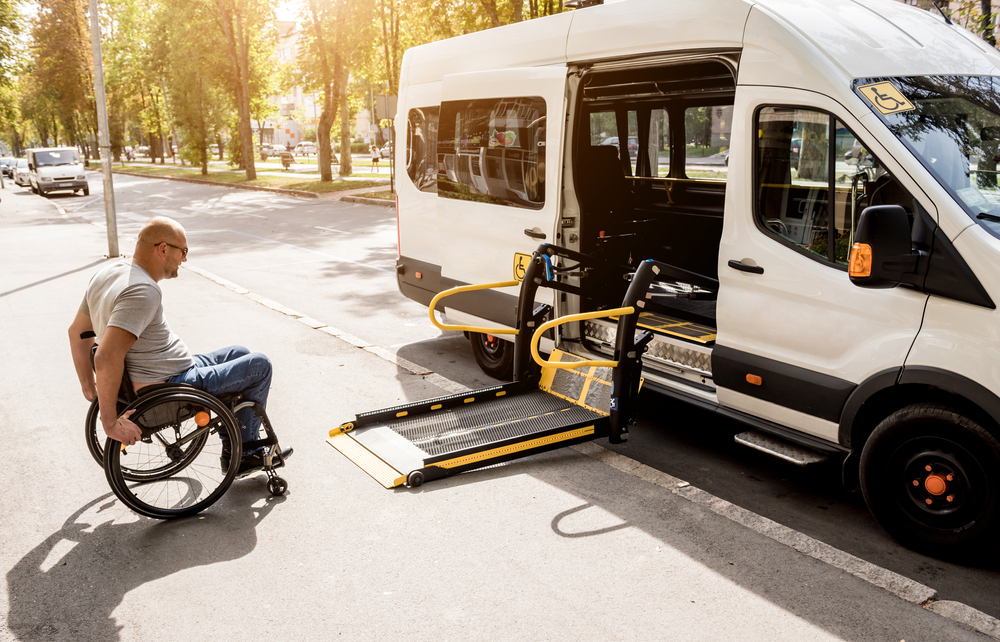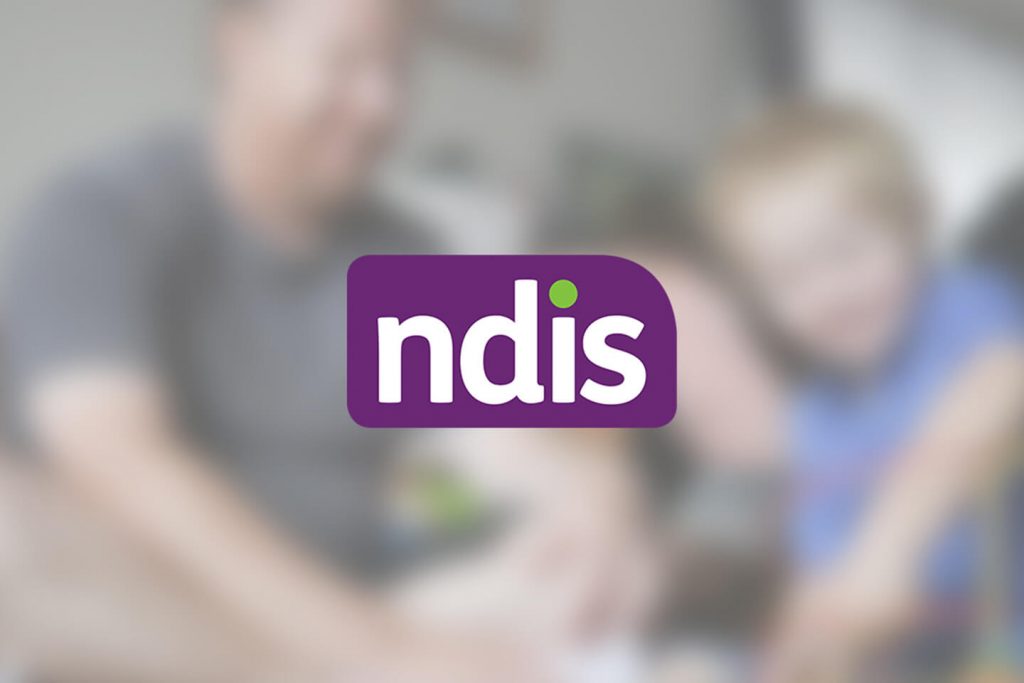All you need to know about the NDIS transportation funding

Transport is an important part of living independently, allowing you to see friends, get to work and travel around town. If you have difficulty getting around, transportation can be extremely difficult. NDIS transportation funding can be used in a variety of ways to ensure that you travel as safely and easily as possible. Let’s take a look at the ways the National Disability Insurance Scheme (NDIS) can fund transportation.
How does the NDIS transportation funding work?
If your disability makes it difficult or impossible for you to use public transportation, the NDIS may decide that it is reasonable and necessary to provide funding for taxis, rideshares, community transportation and other appropriate modes of transportation. The amount of transport allowance provided by the NDIS each year is determined by your personal situation and how frequently you work or study.
There are three levels of funding that can be included in your plan as NDIS Transport Allowance:
- Level 1 – If you are not working, studying, or attending day programs but want to increase your community access, the NDIS can provide you with $1,606 in transportation per year.
- Level 2 – If you work or study less than 15 hours per week or attend day programs, the NDIS can reimburse you up to $2,472 per year for transportation.
- Level 3 – If you work or study more than 15 hours per week, you can receive up to $3,456 in transportation benefits per year.
These funds can only be used to pay a transportation provider to drive you to an activity or appointment with another provider. This assistance is not intended to cover tips to your driver, petrol or any other expenses incurred during the trip, and it cannot be used to pay an informal support, such as a family member or friend, to drive you around.
Travelling with a support worker or carer
If you need to travel with a support worker or carer, the NDIS can pay for their transportation so they can accompany you out into the community. This funding is included in your plan as Assistance with Social and Community Participation, which is also a core support. These trips are charged at an hourly rate that includes the total time your support worker spends at the outing as well as the time it takes your support worker to travel to and from your home.
These trips include shopping trips, social events or transportation to medical appointments. Keep in mind that your support worker may charge you for additional travel expenses such as tolls, parking or a public transportation ticket. It’s always a good idea to discuss these ahead of time and sign a service agreement outlining the agreed-upon hourly rate and which extra costs they’ll charge you for.
Build your independence through transport
Independence is a common NDIS goal, and transportation plays a significant role. If your disability makes it difficult for you to live independently and you require regular transportation assistance, you may be eligible for funding for things like public transport training or driving lessons. This funding is part of your plan under Support Category 15 (Improved Daily Living), which is a Capacity Building support designed to increase your independence, skills and confidence.
Specialised vehicles
If your disability necessitates the use of a specialised or modified vehicle, the NDIS may be able to assist you in paying for modifications under ‘Assistive Technology’ (category 5). The NDIS may cover modifications so you can:
- enter and exit the vehicle with or without a wheelchair;
- carry your wheelchair into or onto the vehicle without lifting;
- be transported safely while seated in your wheelchair; or
- drive the vehicle with specialised controls or other modifications.
Direct Care Australia are experts in NDIS supports and services, specialising in a range of NDIS supports and services in South Australia. If you need any further assistance, contact Sharon Miller or Cristina Bruno on 0410 620 170 or 1300 122 730 or via email at to discuss how we can support you to access support or assistive technology.



